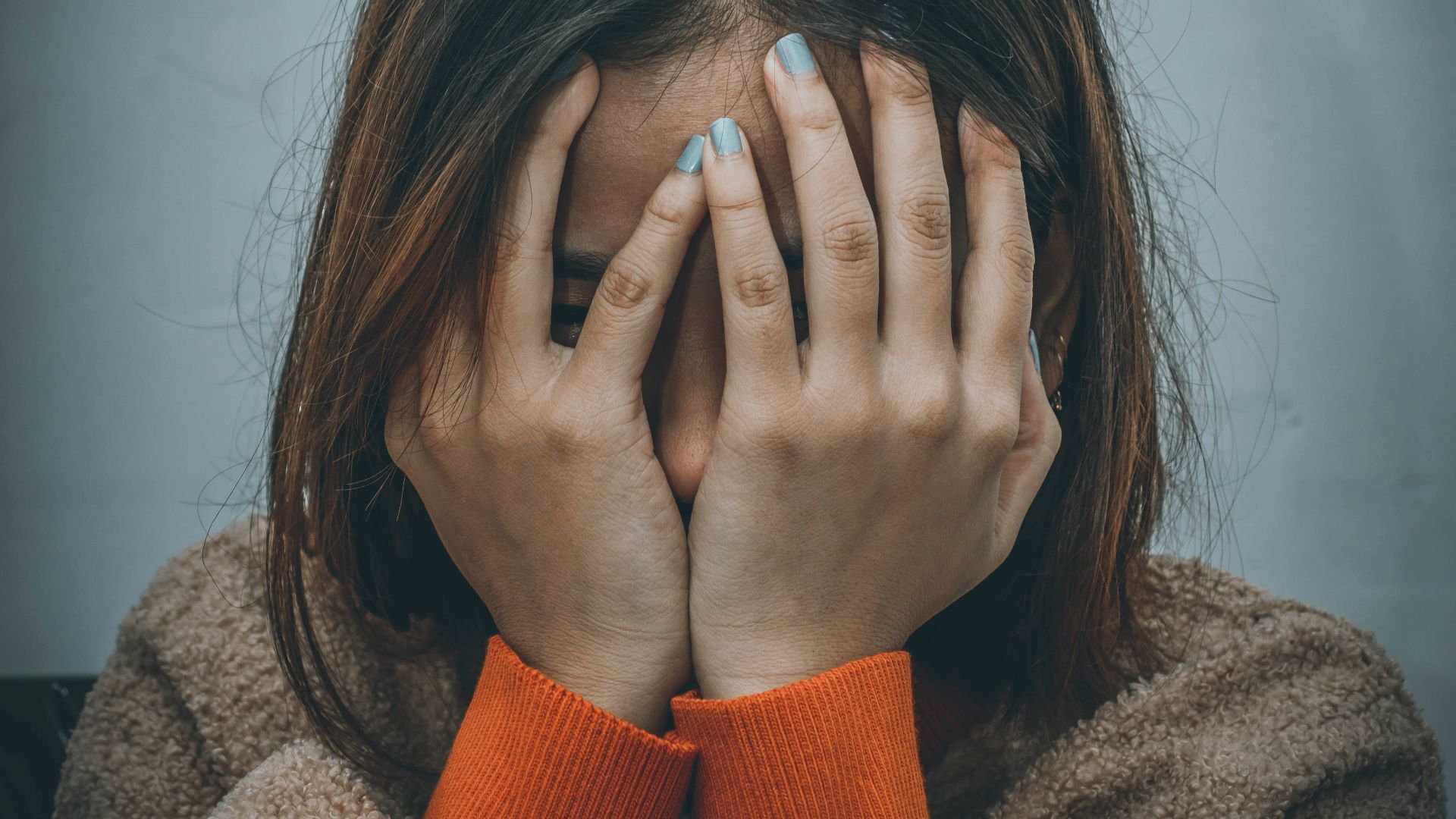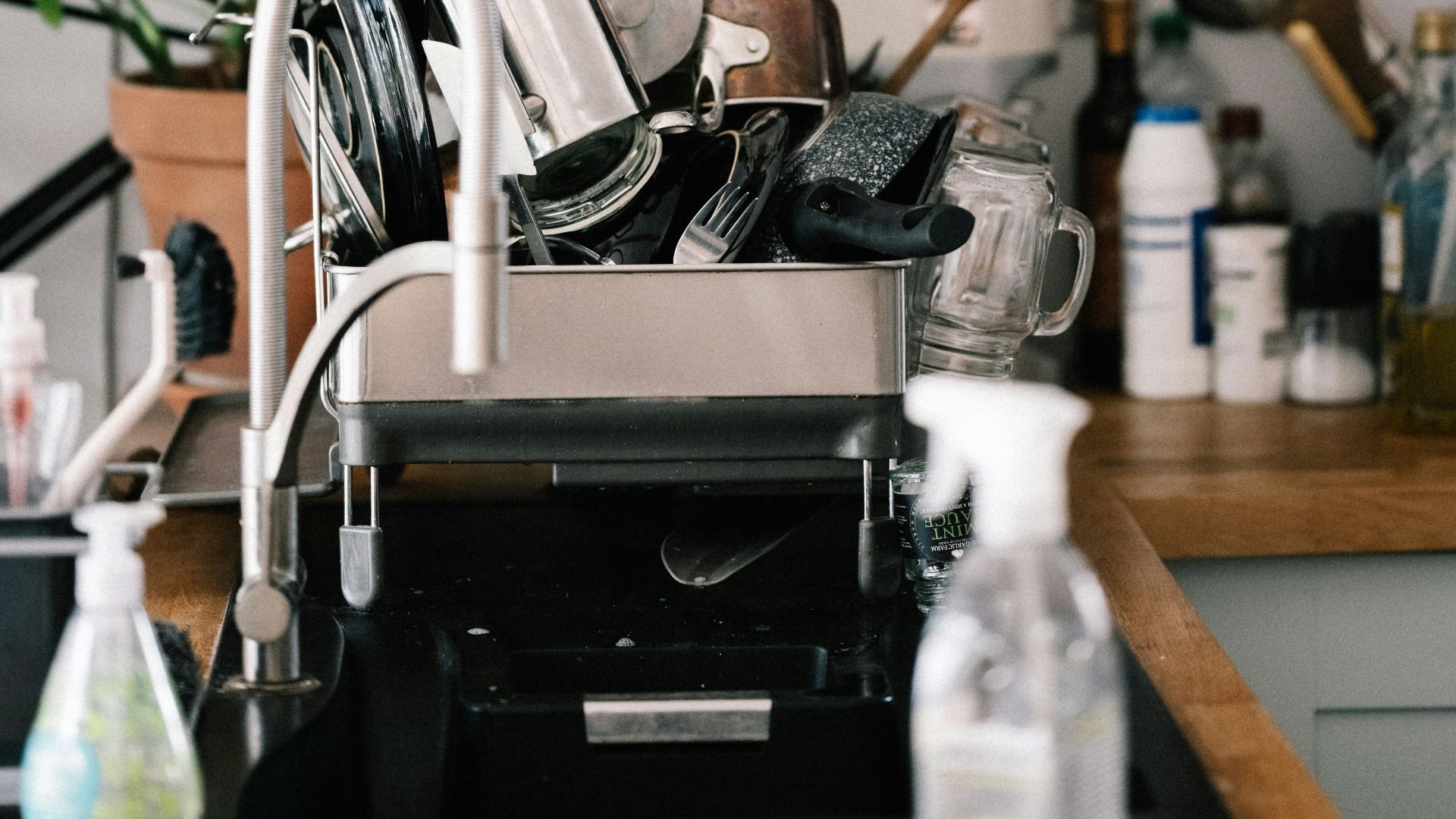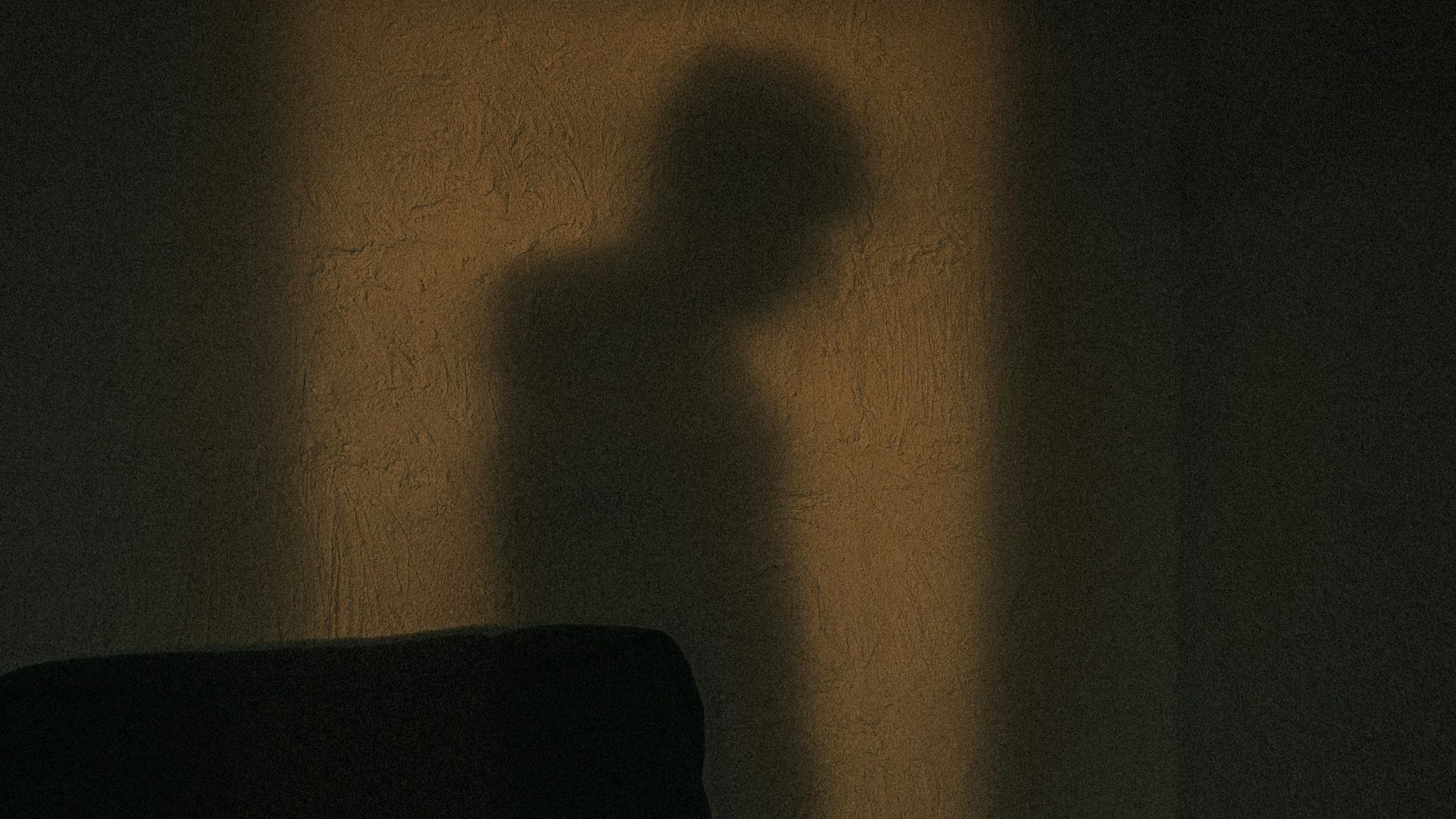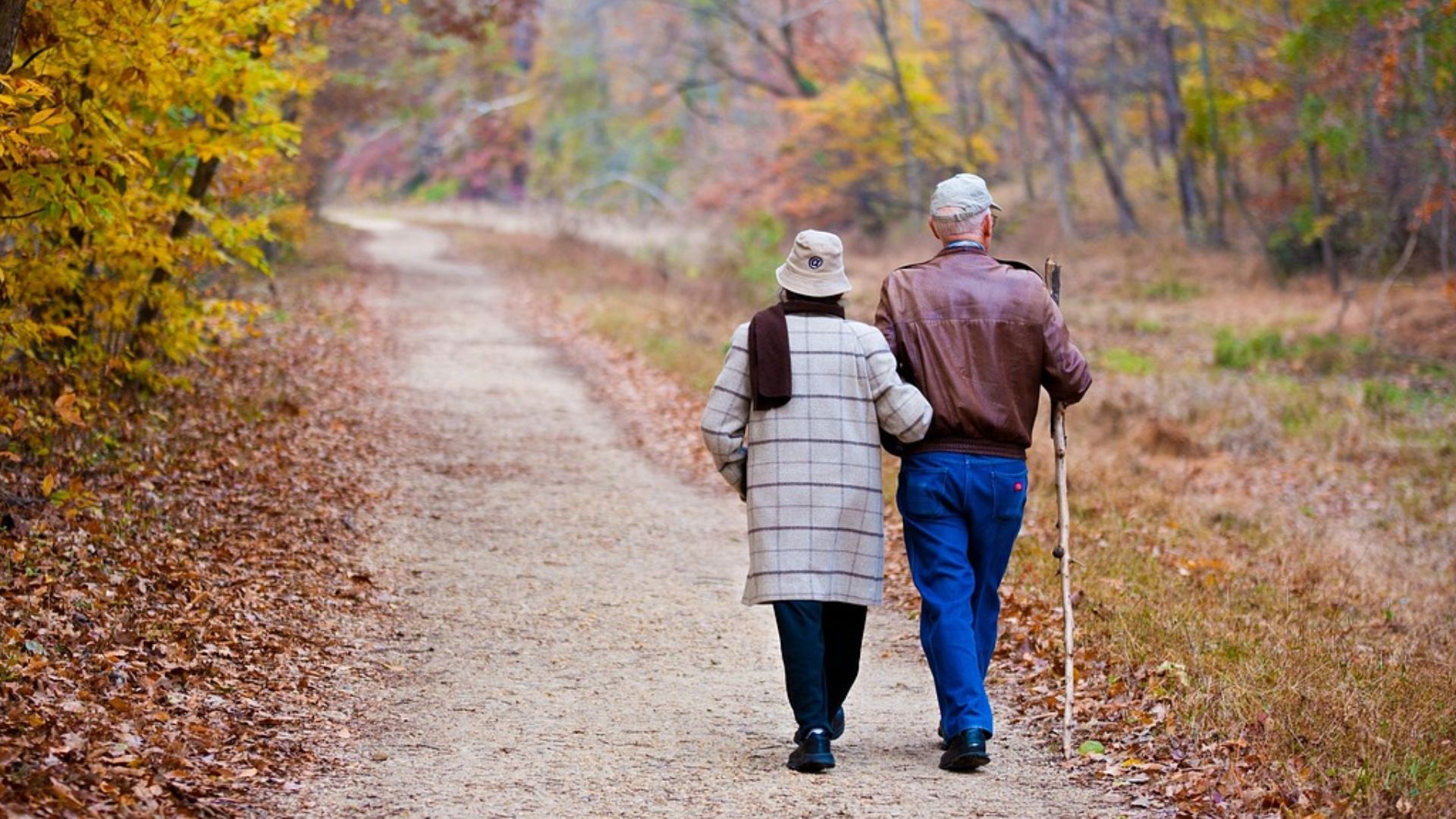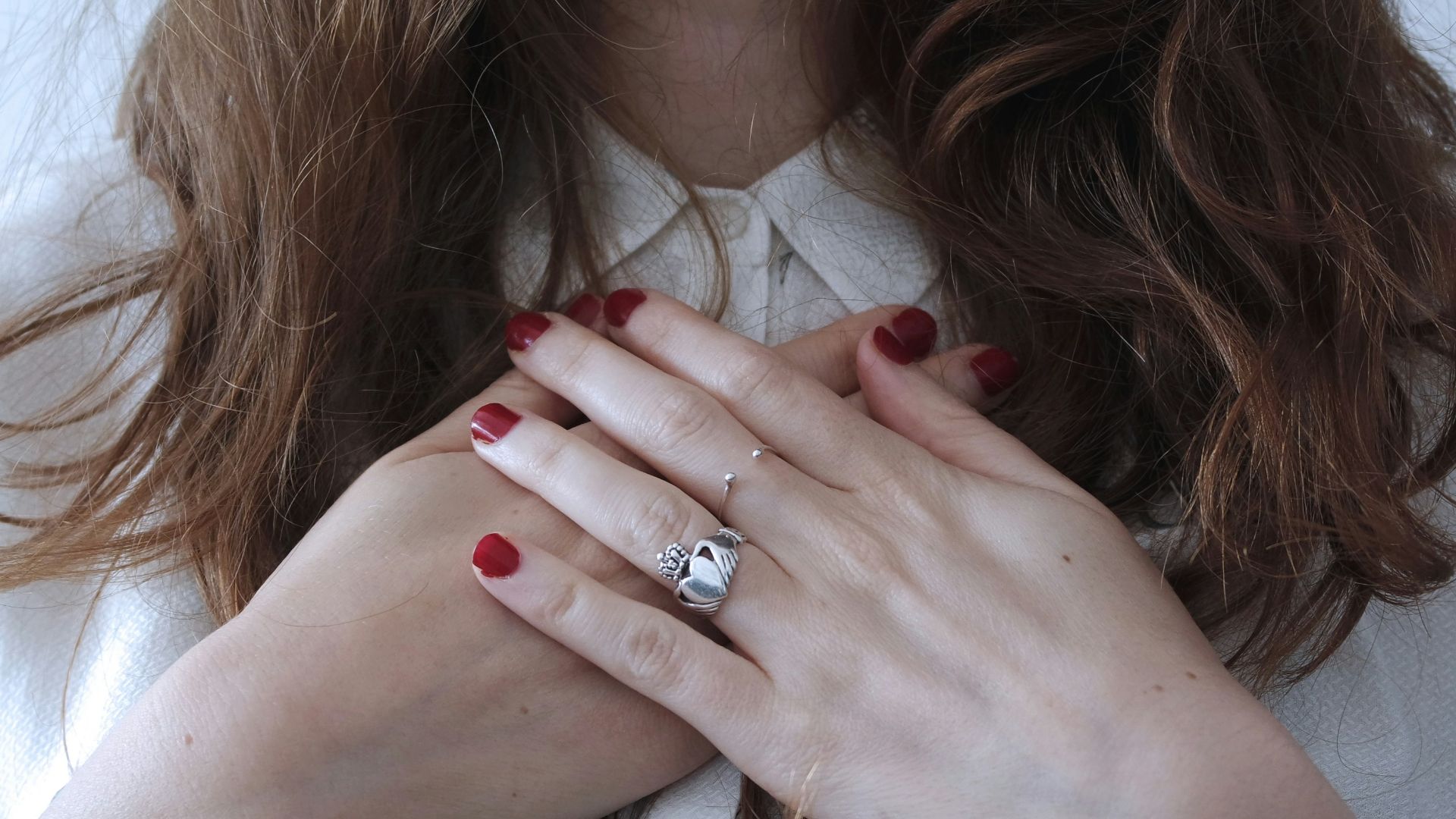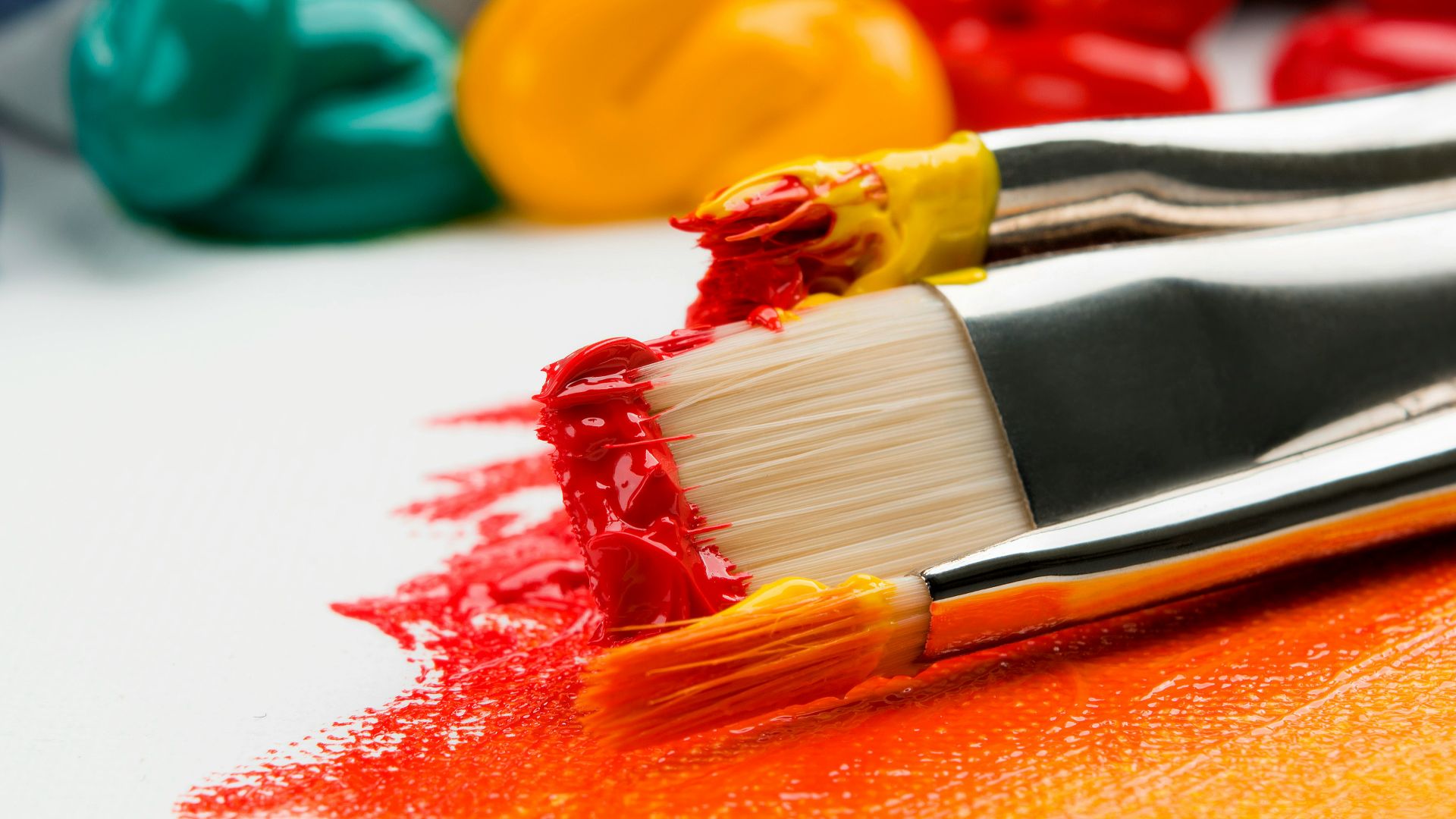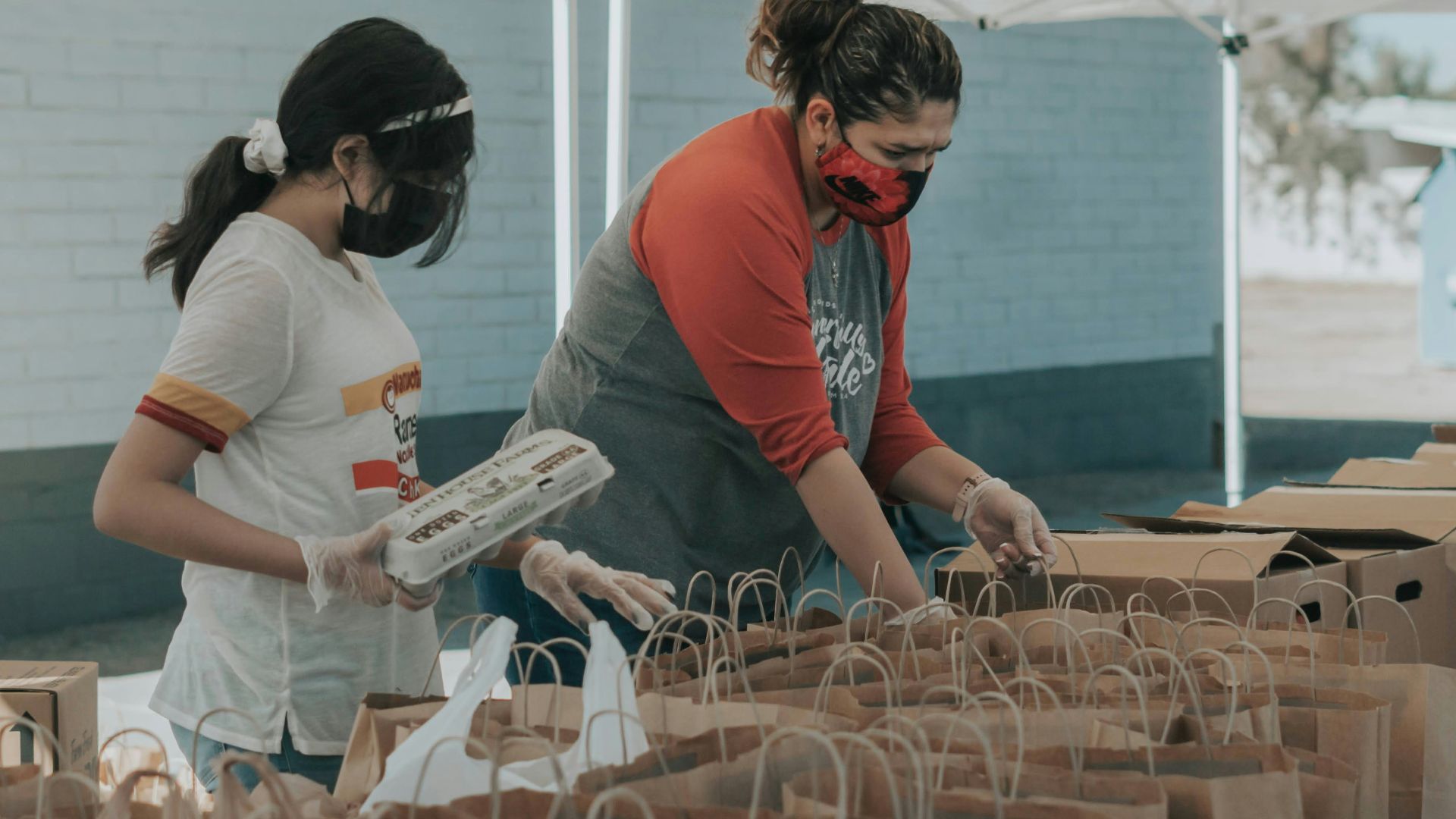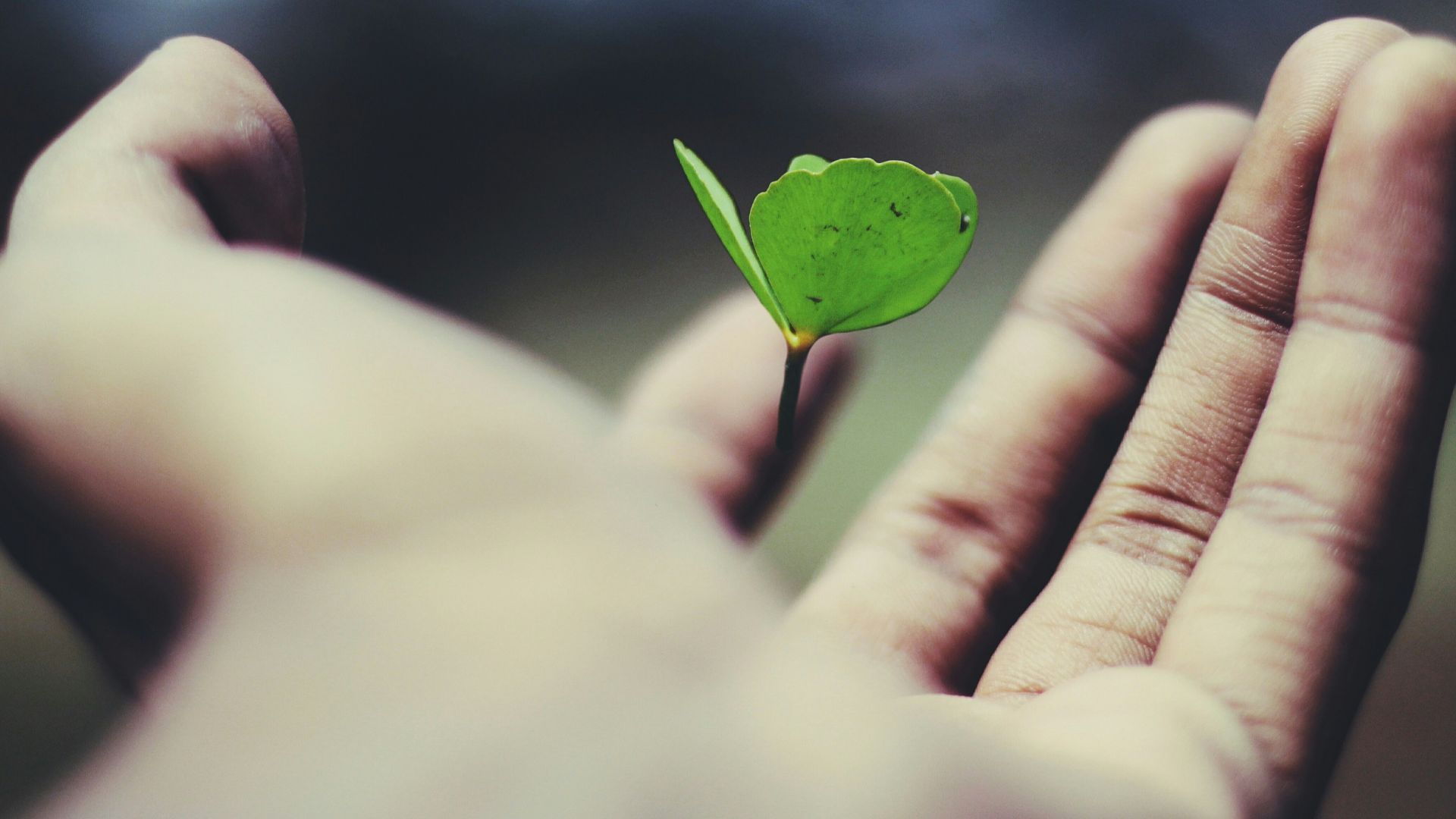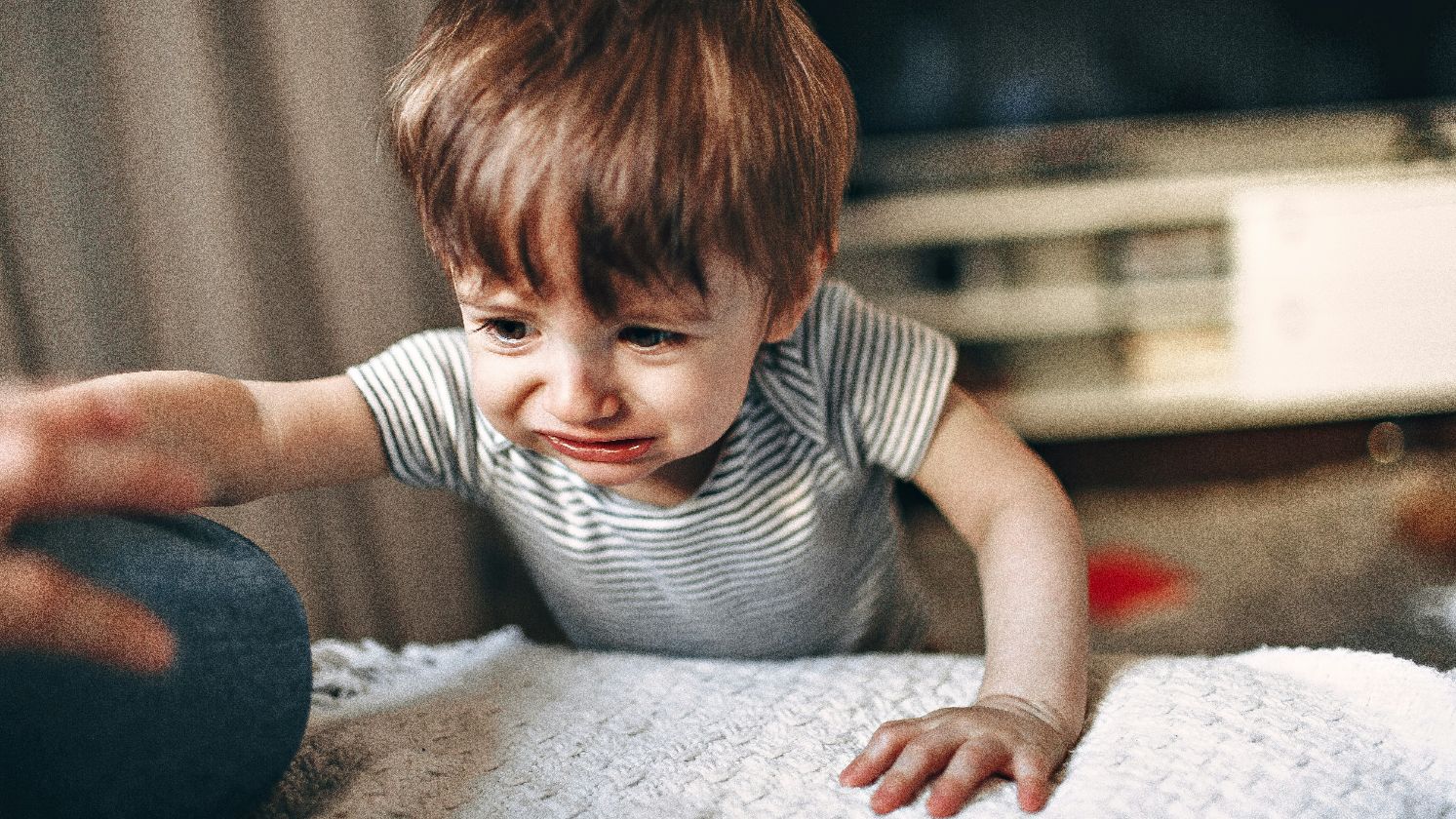The Wounds That Shape Us
Whether you had a perfect childhood or not, it’s clear to see that remnants of our lives growing up shape the adults we become. With that in mind, here are several common traits adults develop due to poor childhoods.
1. Low Self-Esteem
For many kids, growing up with low self-esteem is a likely reality. This could be due to childhood bullying, a lack of positive reinforcement, or other issues altogether. Either way, adults with low self-esteem usually tolerate more bad behavior from partners, struggle to advocate for themselves, and are a bit more closed off than others.
2. Abandonment
Children who experience some form of abandonment growing up tend to hold onto these feelings as adults. They may fear being abandoned again and are hence quite clingy and fearful. Or alternatively, their fear of rejection may manifest into avoidance of relationships.
3. Lack of Affection
A lack of physical and emotional affection can create a cold adult. These children receive little warmth, and are hence desperate for validation and affection. They may become co-dependent on their partners and can be very clingy.
4. Emotional Invalidation
Emotional invalidation occurs when kids are told they’re being too dramatic or their feelings are wrong. As adults, this creates people who doubt their emotions and are less likely to share them. These kids tend to end up closed-off and struggle with self-expression.
 Kristina Tripkovic on Unsplash
Kristina Tripkovic on Unsplash
5. Perfectionism
When parents raise their kids expecting perfection, they can create a troubled adult. These adults are always striving to be perfect, and they constantly feel judged by a harsh inner critic. These adults have a deep fear of failure and may shut down when things don’t go their way.
6. Parentification
Parentification happens when parents use their kids as a stand-in for responsibilities. For instance, a parentified kid may be expected to babysit their siblings, cook dinners, and do chores. While some chores are okay, turning the child into an adult early on can lead to them feeling robbed of their childhood later on.
7. Tough Love
Plenty of kids grow up with tough love, which is when parents may be a bit cold or reserved about when they give praise or encouragement. As adults, these children often use that same tough love on their partners and friends. Additionally, they may seem more emotionally closed off and calculated.
8. Instability
Some children grow up in unstable homes and eventually this instability is all they know. They’re used to shaking the boat and are eager to change things up. These adults may struggle the most with commitments and routine.
9. Lack of Attention
Many children experience a lack of attention growing up, which could be due to parents with busy lifestyles or just general neglect. Either way, when these children grow up into adults, they may be more desperate for attention and may even strike out and create drama just to feel seen.
10. Label Traps
Finally, lots of adults end up trapped by the labels they received as a kid. For instance, if they grew up being told they’re the problem child or a mistake, or something of that nature, they will internalize and continue to reflect this as an adult. Breaking these labels and realizing we are more than what people call us is a big step toward healing.
Now that we have talked about common childhood issues that manifest in adults, here are 10 ways to address it.
1. Journaling
Many people recommend journaling when trying to work through internal issues. This essentially means writing down your thoughts and memories. By writing it down, you might be able to identify patterns and figure out where your pain points are.
 Marcos Paulo Prado on Unsplash
Marcos Paulo Prado on Unsplash
2. Safe Relationships
The last thing you want to do is get into a relationship that’s going to hurt or damage your emotions. While there’s no way to guarantee how someone will be in the long run, it’s important to take your time and do your homework when pursuing relationships.
3. Self-Reflection
Taking time to reflect on your life, your past experiences, and even your current ones will help you make better decisions and give yourself sympathy. While journaling is one way to reflect, you can also try meditating or talking to others.
4. Setting Boundaries
In any relationship, it’s important to set boundaries that promote your health and safeguard your feelings. For instance, if your parents would parentify you as a child, don’t continue to be at their beck and call as an adult. Similarly, if you have low self-esteem, don’t accept bad behavior from your partners either.
5. Getting Help
Sometimes going at it alone can be tough, so seeking out help, whether it be from a professional or a trusted friend, is a great way to heal. You can also seek out groups that deal with emotional well-being and mindfulness.
 Priscilla Du Preez 🇨🇦 on Unsplash
Priscilla Du Preez 🇨🇦 on Unsplash
6. Educating Yourself
Sometimes it’s hard to see what healthy relationships look like when they were never modeled for us as children. That’s why it’s important to educate yourself on red flags, healthy boundaries, and what mutually beneficial relationships look like.
7. Forgiving Yourself
If you have internalized guilt or anger about the past, one important step towards a brighter future is forgiving yourself. It can be difficult to let the past go, but remember, forgiving is not forgetting.
8. Creative Expression
Plenty of people find the process of making art to be quite therapeutic. You could take a painting class, doodle in your journal, or try picking up an instrument. It’s a great indirect way to process your emotions.
9. Helping Others
Some find emotional healing in helping others, as doing good for the world can make you feel good about yourself too. Consider donating to charity, volunteering for local initiatives, or just being kind to your fellow humans during your day-to-day.
10. Reparent Yourself
If you feel like you’ve learned all the wrong lessons as a child, take some time to reparent yourself. Teach yourself what true validation, structure, and kindness is, and begin to fulfill the needs that were left empty as you grew up.


